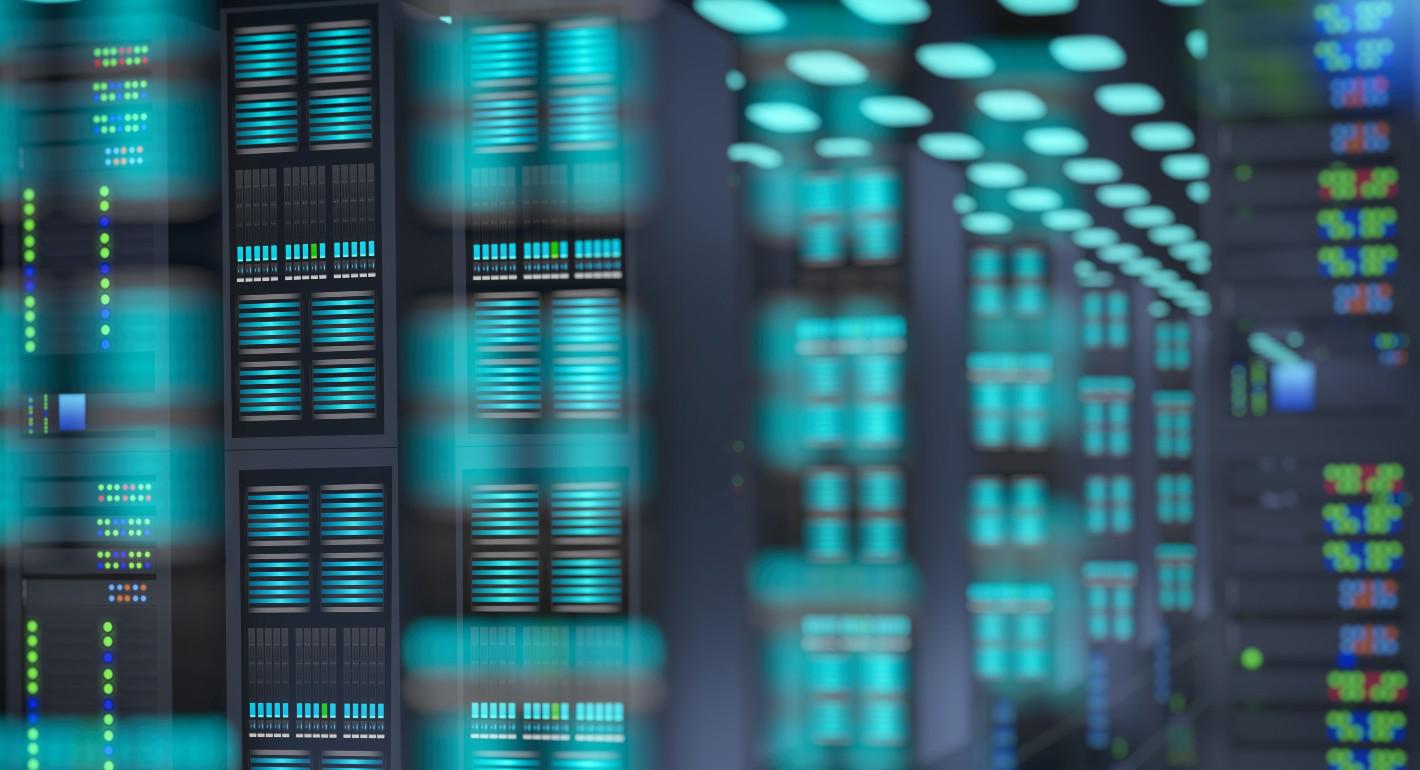## Lights Out: Ransomware Plunges South Korea’s Entertainment Scene into Chaos
Imagine this: K-pop concerts, eagerly awaited gaming tournaments, and major theatrical releases, all suddenly cancelled. Not due to strikes or unforeseen circumstances, but because a digital hostage situation has locked down the very platform that brings these experiences to life. That’s the reality facing South Korea’s entertainment industry right now, after a devastating ransomware attack crippled a major ticketing platform.

Delving Deeper: Understanding the Attack

The recent ransomware attack on a major ticketing platform in South Korea has sent shockwaves through the entertainment industry, highlighting the growing vulnerability of digital infrastructure to cyber threats. To understand the full scope of this incident, we need to delve into the technical details, identify the potential culprits, and analyze the attackers’ motives.

The Technical Details: What Did the Attackers Do?
While specific technical details of the attack are still emerging, reports suggest that the attackers employed sophisticated techniques to breach the ticketing platform’s security. These could have included:
- Phishing Attacks: Attackers may have tricked employees into clicking on malicious links or opening infected attachments, giving them initial access to the system.
- Exploiting Vulnerabilities: Known vulnerabilities in software or hardware used by the ticketing platform could have been exploited to gain unauthorized access.
- Malware Injection: Malicious software could have been deployed to steal data, disrupt operations, or create backdoors for future access.
- Digital Forensics: Analyzing the attack’s technical details to identify the attackers’ tools, techniques, and infrastructure.
- Threat Intelligence: Cross-referencing the attack’s characteristics with known threat actors and their modus operandi.
- International Cooperation: Collaborating with law enforcement agencies in other countries to track down the attackers if they operate across borders.
- Financial Gain: The most common motive for ransomware attacks is to extort money from victims. Attackers may demand payment to unlock the encrypted data or prevent further damage.
- Disruption and Sabotage: Attackers may target critical infrastructure or businesses to cause chaos, disrupt operations, or inflict reputational damage.
- Espionage and Data Theft: Attackers may be interested in stealing sensitive data, such as customer information, financial records, or intellectual property.
Once inside the system, the attackers likely used encryption to lock down the platform’s data, demanding a ransom payment for its release. This ransomware strain may have been designed to specifically target critical systems or databases, maximizing the impact on the ticketing platform’s operations.
Who are the Culprits? Searching for the Perpetrators
Identifying the perpetrators behind this attack is crucial for holding them accountable and preventing future incidents. Cybersecurity experts are likely employing a variety of methods to track down the attackers, including:
Unfortunately, attributing cyberattacks can be complex, especially when attackers use sophisticated techniques to conceal their identity.
Motive Matters: What Were the Attackers After?
Understanding the attackers’ motives is essential for developing effective prevention and mitigation strategies. Possible motives for this attack could include:
The specific motive behind this attack on the South Korean ticketing platform remains unclear. Further investigation will be needed to determine the attackers’ true intentions.
This attack underscores the critical need for robust cybersecurity measures to protect digital infrastructure and sensitive data. As we move toward an increasingly interconnected world, the threat of cyberattacks will only grow more sophisticated and widespread.
The Bigger Picture: Lessons Learned and the Path Forward
The ransomware attack on the South Korean ticketing platform serves as a stark reminder of the vulnerabilities that exist within our digital infrastructure. This incident highlights several key lessons that we can learn and apply to strengthen our defenses against future attacks:
Strengthening Cybersecurity: Urgent Steps Needed
Governments, businesses, and individuals must work together to enhance cybersecurity measures across all sectors. This includes:
- Investing in robust security technologies: Implementing firewalls, intrusion detection systems, and other security tools to protect against known threats.
- Regularly updating software and patching vulnerabilities: Keeping software up to date is crucial for closing security loopholes that attackers can exploit.
- Promoting employee awareness and training: Educating employees about common cyber threats, such as phishing attacks, and how to recognize and avoid them.
- Implementing strong data encryption: Encrypting data at rest and in transit can help prevent unauthorized access and protect against data breaches.
- Adopting rigorous access control measures: Implementing multi-factor authentication and least privilege access controls can minimize the risk of unauthorized data access.
- Enhancing data governance frameworks: Establishing clear policies and procedures for data collection, storage, use, and disposal can help ensure responsible data management.
- Sharing threat intelligence: Encouraging the sharing of information about emerging threats and vulnerabilities to enable faster detection and response.
- Developing national cybersecurity strategies: Governments should invest in comprehensive cybersecurity strategies that address the evolving threat landscape.
- Promoting international cooperation: Cybercriminals often operate across borders, so international collaboration is essential for effective law enforcement and threat mitigation.
Gamestanza urges all stakeholders to prioritize cybersecurity investments and implement best practices to minimize the risk of falling victim to similar attacks.
Data Protection: Balancing Innovation and Security
The increasing reliance on data for innovation and economic growth requires a careful balance between fostering technological advancement and protecting sensitive information. This involves:
Gamestanza believes that robust data protection measures are essential for building trust and fostering innovation in the digital economy.
Government and Industry: A Call for Collaboration
Addressing the growing threat of cyberattacks requires a coordinated effort between governments, industry leaders, and the cybersecurity community. This includes:
Gamestanza advocates for increased collaboration and information sharing to strengthen global cybersecurity defenses.
Conclusion
The recent ransomware attack on South Korea’s ticketing platform, TicketMonster, paints a stark picture of the vulnerability of our digital infrastructure, particularly within the entertainment industry. The attack crippled the platform, disrupting ticket sales for concerts, sporting events, and other live performances, leaving fans stranded and organizers scrambling. This incident highlights the devastating consequences of cybercrime, not only in terms of financial losses but also in the disruption of essential services and the erosion of trust in digital platforms.
The implications of this attack resonate far beyond South Korea’s borders. It serves as a wake-up call for the global entertainment industry, emphasizing the urgent need for robust cybersecurity measures. As our reliance on digital platforms intensifies, we become increasingly susceptible to these attacks. The future of entertainment may hinge on our ability to build resilient systems that can withstand these threats. Failing to do so risks not only financial ruin but also the potential to irrevocably damage the very fabric of our shared cultural experiences.
This is a call to action, not just for tech giants and government agencies, but for every individual who relies on the digital world for entertainment and connection. We must demand greater transparency and accountability from the platforms we use, and be vigilant in protecting our own data. The future of live entertainment, and indeed our digital world, depends on it.